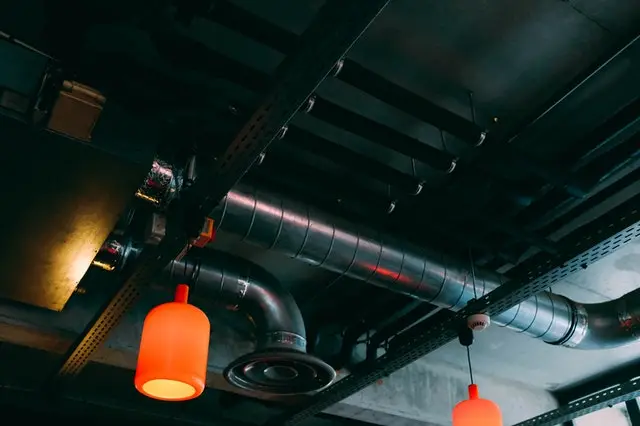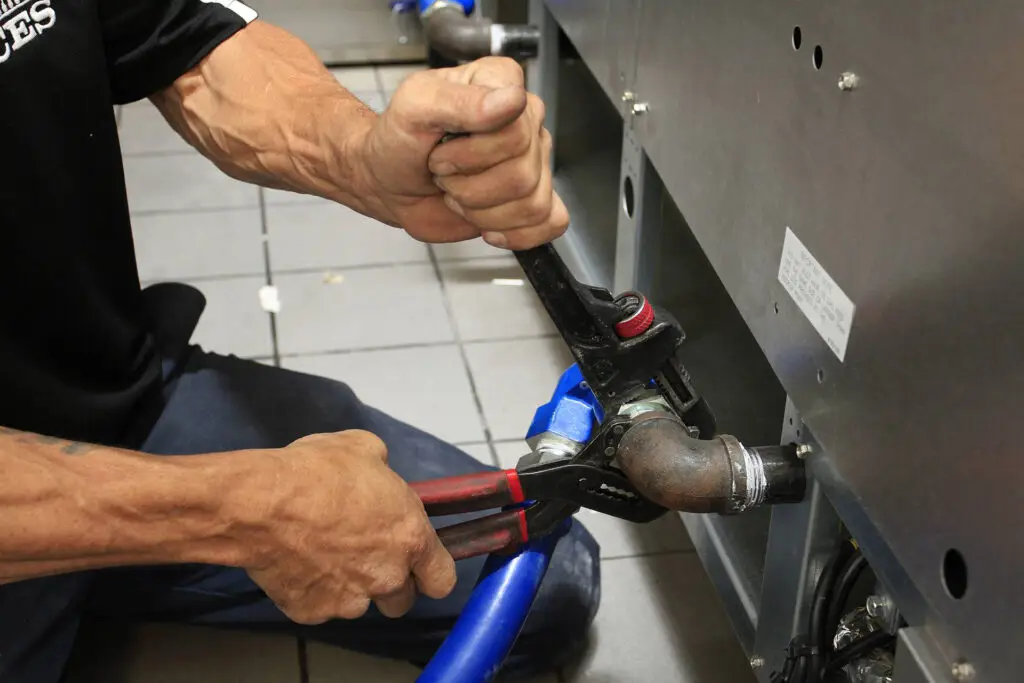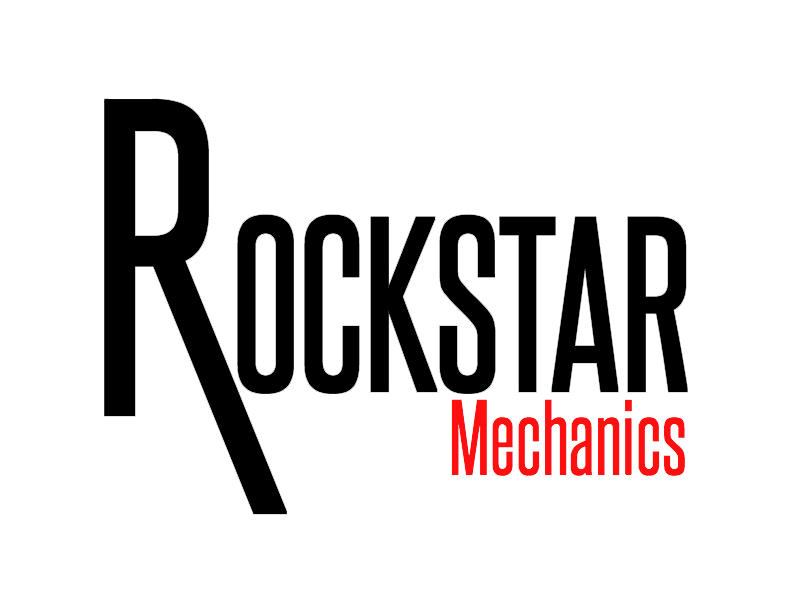Position Profile
HVAC
Some of the Facts
HVAC Technicians & Installers Are Essential
HVAC/R Professionals can go by many names including HVAC Tech, Installer, Gas Fitter etc. They are responsible for installing, repairing, inspecting and maintaining the Heating and Air Conditioning systems for Homes and Commercial establishments.
Demand for this trade has gone up significantly due to new builds and retrofitting of older buildings. While demand for the trade has increased, the number of qualified technicians has decreased as less have pursued an apprenticeship and many are retiring. There is a gap in the market that can lead to great job stability and career growth.
HVAC Technician jobs can not be done remotely, can not be outsourced to another country, and can not be left to someone untrained. Air Conditioners, Furnaces, Boilers etc. have become more and more complicated and need techs with expertise who can install and repair them.
* Data from Bureau of Labor Statistics, CareerExplorer, JobBank
It Is More Than Just Air Conditioners
What A HVAC Tech Works On
How To Become AN
HVAC Technician and/or Installer


Start a Rewarding Career In
HVAC
If you take on a career In HVAC, a lot of the learning will be done on the job. This can be done through a formal apprenticeship as well as learning as you go. Most in the trade are eager to share their knowledge and will help you out as you go. That being said, taking a formal education at a recognized college or training center will give you a big leg up.
Recent graduates can expect a higher starting wage, and will be trusted with bigger jobs. Also, when it comes to promotions those who have a formal education as well as certification will be given preference so it is always our recommendation to start your career at school. Don’t worry tech school is a very hands on learning environment and affordable.
There Are Many Good Tech Colleges
Rockstar Recommendations
Certification/Training
Collect As Many Certifications and Licenses As Possible
A Certification or License is only a piece of paper but it signifies so much more. It indicates to employers that you take the trade seriously and that you know what you are doing.
Every single training program that you take will make you more valuable. The more valuable you are the higher your base wage will be and the more opportunities that will be available for promotion.
Attitude Is As Important as Training
The trade is difficult, it takes time to learn, no one is going to be an expert over night. Be patient and come in every day with an attitude to learn.
- No Whining
- Ask For Help
- Take Training
- Be On Time
- Stay Until The Job Is Done
- Help Others

Career Path Options
HVAC Technicians and HVAC/R Techs work in the field repairing units that go down. Technicians are typically on call and may be rushed out to emergency jobs. Technicians usually specialize in either Residential or Commercial although some will take on a mix of both. Technicians need to be experts in the technical aspects of the trade. HVAC Techs are the face of the business in the field and are expected to conduct themselves professionally and with customer service in mind.
HVAC Installers are responsible for installing new units. This can be air conditioners, furnaces, boilers and anything else that the company they work with carries. Much like technicians, an installer usually will specialize in either commercial or residential installs. Certification and expertise is needed to be able to legally and successfully install new equipment. This job can involve some problem solving and thinking outside of the box as no two installs are the same.
Many experienced technicians like to use their experience and expertise to train the next generation of Techs and Installers. Colleges are always looking for new instructors and many companies also employ in house trainers.
While management is not for everyone, many techs are able to climb the ladder into supervisory and management roles. These are challenging positions but can be very rewarding.
The lessons learned as a tech can translate into an effective Project Coordinator, Warranty Admin, or Dispatcher. The expertise of having worked on the equipment usually transitions well. These types of roles can be a good fit for those who want to get off the tools due to the physical toll that the life of a tech can take on.

